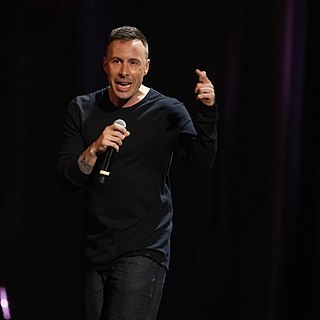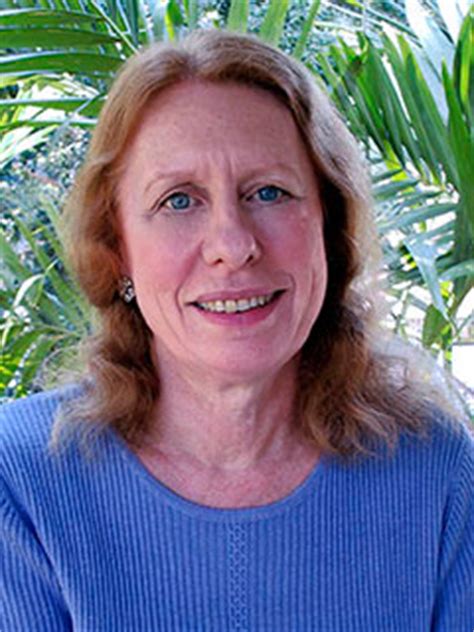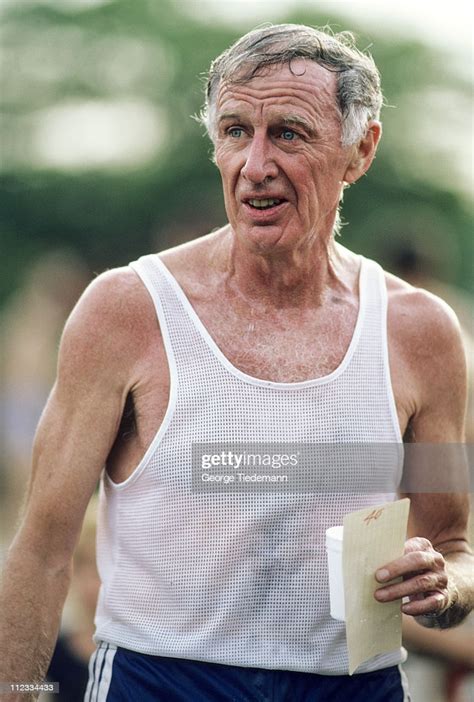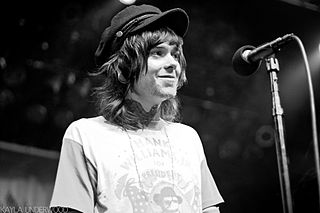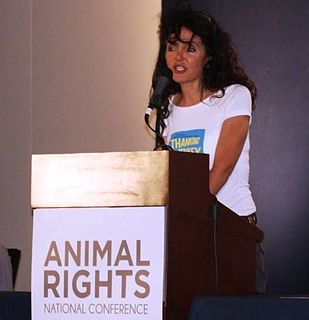A Quote by Matthew Scully
Factory farming came about from a moral race to the bottom, with corporations vying against each other to produce more and bigger animals with less care at lower cost.
Related Quotes
An environmentalist can oppose factory farming because it's reckless stewardship. A conservative can oppose factory farming because it is destructive to small farmers and to the decent ethic of husbandry those farmers live by. A religious person can oppose factory farming because it is degrading to both man and animal - an offense to God.
We can't plead ignorance, only indifference. Those alive today are the generations that came to know better. We have the burden and the opportunity of living in the moment when the critique of factory farming broke into the popular consciousness. We are the ones of whom it will be fairly asked, What did you do when you learned the truth about eating animals?
No matter how old I get, the race remains one of life's most rewarding experiences. My times become slower and slower, but the experience of the race is unchanged: each race a drama, each race a challenge, each race stretching me in one way or another, and each race telling me more about myself and others.
On the one hand information wants to be expensive, because it's so valuable. The right information in the right place just changes your life. On the other hand, information wants to be free, because the cost of getting it out is getting lower and lower all the time. So you have these two fighting against each other.
A tension has always existed between the capitalist imperative to maximize efficiency at any cost and the moral imperatives of culture, which historically have served as a counterweight to the moral blindness of the market. This is another example of the cultural contradictions of capitalism - the tendency over time for the economic impulse to erode the moral underpinnings of society. Mercy toward the animals in our care is one such casualty.
The health of the planet is at stake, because the cruelty and the waste that accompanies the slaughter of billions of animals each year literally infects us all. We could consume healthy plant-based food produced at almost infinitely less cost. What does that say, really, about us and what we're doing... to animals and to ourselves?
Some of us seem to be born with a drive to try to make the world kinder. In my twenties, living in New York City, I worked in a soup kitchen every Sunday for many years, just trying to do my part. Then I read Animal Liberation and learned about factory farming and the killing of animals for oven cleaner and realized nobody needed my help as badly as the animals did.


